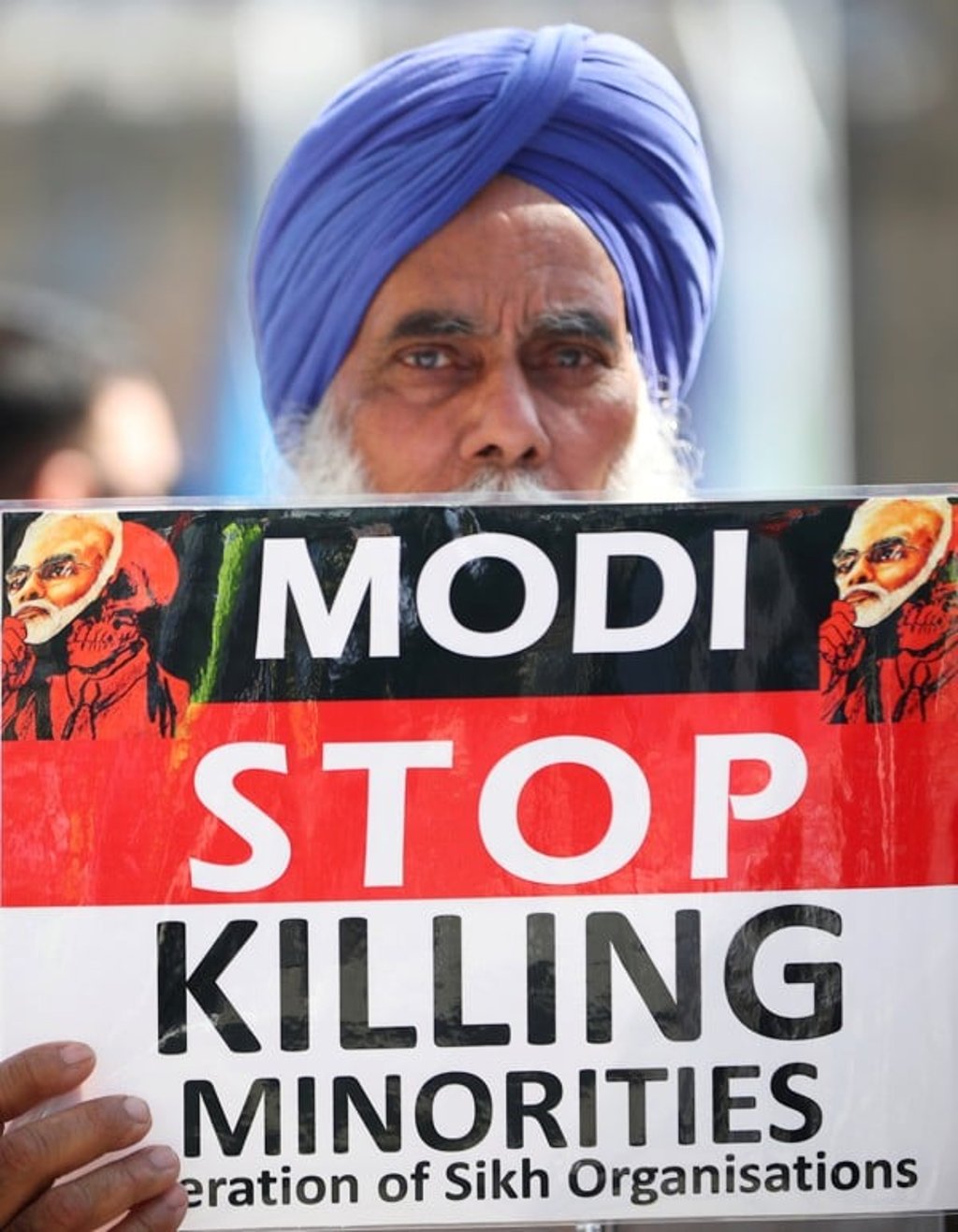Asian Angle | How a rape exposes the conflict between two visions of India
Eight-year-old Asifa’s rape and murder was not an opportunist crime, but a result of the politics of hatred by Hindu supremacists that dehumanises Muslims

Asifa’s family was too poor to matter. The perpetrators belonged to the dominant Hindu community and had political and bureaucratic backing. Her being a Muslim in a region marked by ascendancy of Hindu nationalism meant justice would be a struggle, especially as the legal system is infamous for its sloth. But in recent days, the Justice for Asifa campaign has transformed into a countrywide movement. Painful details of the violence inflicted on the child have come to light and Indians have reacted with shock to efforts by the local Hindu community to shield the accused.

While sexual violence is not uncommon in India, what triggered outrage this time were the protests organised in support of the crime. It’s not every day that one sees people waving the national flag and chanting nationalist slogans trivialising the pain of the family of a rape victim and glorifying the perpetrators. Hindu politicians from different parties, including the ruling Hindu nationalist Bharatiya Janata Party (BJP), joined in, openly threatening violence if the perpetrators were punished.

Hindus in this region see themselves as an Indian nationalist bulwark against what they consider Pakistan-backed Muslim separatists. Asifa was kept hidden in a temple and repeatedly gang-raped there, and the key perpetrators spoke of themselves as custodians of the Hindu community. This pathology of imagining the dominant self as weak under threat from minorities, and hence engaging in violence against minorities is part and parcel of Hindu majoritarian chauvinist thinking. During my fieldwork for my book on Hindu nationalism, I often came across Hindu extremists who saw Muslims as posing an existential threat to the security of Hindu women, Hindu society and the Hindu nation. All kinds of conspiracies were ascribed to Muslims, with Hindu supremacist nationalism shown as the only way to secure Hindus. Hindu nationalism is thus presented as a legitimate reaction to aggressive Islam.
